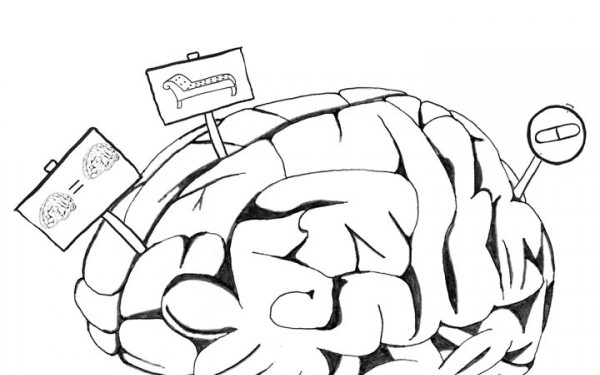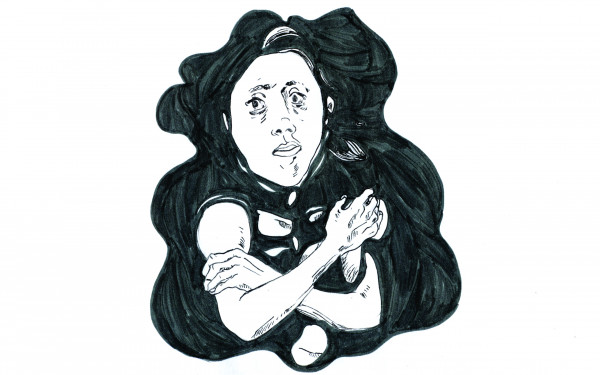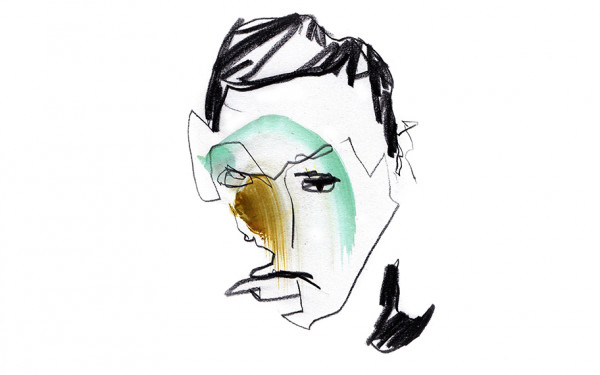Stories of Mental Illness
All Mental Health content is available on our Special Issue Microsite. Works best on Chrome or Firefox.
Life as a Tennis Ball in the Quebec’s Medical System
By Anonymous
It’s been four months since I first sought mental health treatment in the Quebec medical system, and it’s fair to say that my experience has resembled a slow-motion tennis game in purgatory, with me as the tennis ball.
I first attempted to get help in October. I was temporarily out of town, panicked, hopeless and thinking of killing myself.
I called Info-Santé, and they told me to go see a social worker at a Local Community Services Centre (CLSC). I did, and she gave me an appointment with a mental health doctor three weeks later. The doctor diagnosed me and gave me a prescription, saying I would feel better within about six weeks. He advised me to look online for a private psychologist, as it would take over four months to get a public one.
By the time I got back to Montreal, it was clear that the meds weren’t helping. I hadn’t been referred to a CLSC in town, so I called Info-Santé again. I was given a list of phone numbers, mostly public-private clinics, and was told to call and ask whether they had a psychiatrist that was taking new patients. No luck.
I went to see the social worker at my local CLSC to try and make sense of it all, and to see if she could make me an appointment with a mental health doctor. She couldn’t. They don’t have that kind of doctor at that CLSC, although she said they’d like to. She recommended that I go to a walk-in clinic to get my medication adjusted. I put it off for about a week, until a dark afternoon when I realized that if I didn’t see a doctor, I was going to die.
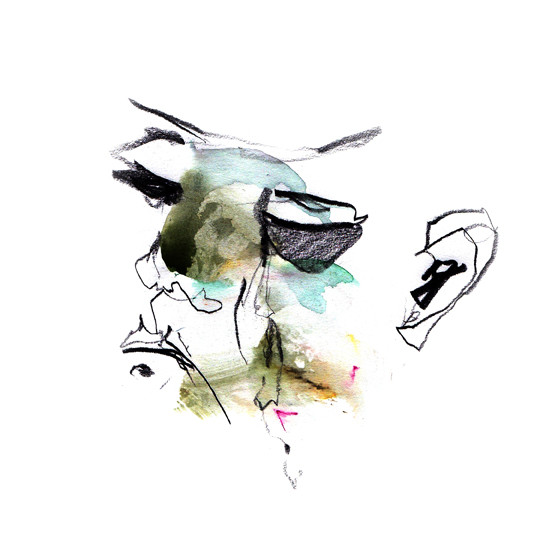
I googled “urgence psychiatrique montreal” and found the web page for Hospital Y. I took a cab there, checked in and was seen by a psychiatric resident after a waiting a few hours. He adjusted my medication but told me that I’d come to the wrong hospital: I don’t live in their sector, so they’d have to transfer my case to Hospital X for my follow-up appointment. He told me it’d take about a week.
It took three weeks. Except it wasn’t Hospital X that called, it was a social worker from a CLSC affiliated with Hospital X, because Hospital X doesn’t take psych patients unless they have a family doctor. I’m on the priority waiting list for a family doctor, but I’ll still have to wait four months before getting one.
I met with the social worker. Five minutes in, she said, “You need to see someone now.” She pulled some strings to get me a spot at Hospital X, but the wait time is five weeks. In the meantime, she “made an agreement” with a nurse at Hospital Y to have them do a follow-up there. I took another cab across town: it was then that the tennis analogy came to mind.
There’s the daily embarrassment and demoralization that comes with being mentally ill. The dirty hair, the wrinkled shirts, the missed classes, the unanswered invitations. The lame cheerlessness of answering “non” to my roommates’ daily “ça va?”‘s.
The ordeal of the psych emergency room, of crying uncontrollably as the security guard searches my purse for drugs for and scans my body with a metal detector. The fluorescent lights and vinyl chairs of waiting rooms, their miniature boxes of low-grade kleenex.
The way I lower my eyes during weekly visits to the pharmacist, knowing that he knows full well why my prescription only allows me a small number of pills at a time. The permanent switch to waterproof mascara. The painful intensity of my emotions, and the hopelessness of having no control over them.
I was asked for a personal story about getting better, living or coping with mental illness for this issue, but I’m afraid that’s not something I can give yet. I want to get better, but that requires getting help. Wait times are atrocious and navigating the bureaucracy is almost impossible. If I was any farther gone, I’d have likely given up trying by now.
The tragedy is that the majority of the doctors, nurses and social workers I’ve seen have been extremely competent—they care about my wellbeing and take the time to understand my illness, it’s just getting into their office that’s the problem. I can’t help but wonder how many people don’t survive the wait.
Gradually, on darker days it leads me to the conclusion that the society I live in doesn’t really care if I get better or not.
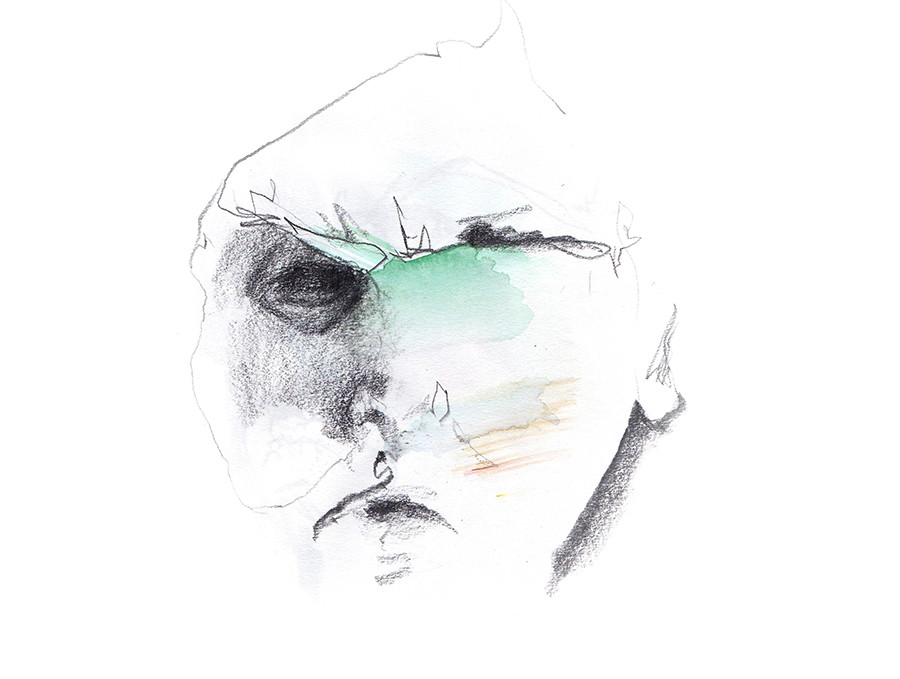
A Success Story of Battling Depression
By David S. Landsman
It’s a good thing I know how to smile. I remember a time in elementary school where a peer told me I’m the kind of guy who could get punched in the face, fall down and come up smiling.
Life hasn’t always been the easiest for me. I’ve been in and out of Concordia University ever since I started at this fine institution back in January 2007. I didn’t start out on the right foot, and now, seven years later, I still don’t believe I’ve found my true path.
For me, coming to Concordia was a sort of escape from my personal drama. I was battling depression, and I had just finished at Dawson College after three-plus years, finally completing my college degree in cinema in a year that had been hell to say the least.
I was in a destructive relationship where I had lost all but a couple of my friends because I didn’t want to lose her. In the end I lost both her and the friends I had made over my lifetime.
My last semester at Dawson was overshadowed by an incident on the morning of Sept. 13, 2006, the day my school at the time, my place of escape when not at home or at work, was the scene of a horrendous attack. Twenty-five-year-old Kimveer Gill, a man so angry at society and people, decided to walk into the de Maisonneuve entrance armed with guns and shot at innocent people, killing one and wounding 19.
I still remember the moment I found out, because I was fortunately at my parents’ home making lunch with someone I thought was a friend. He was a person who had an obligation to lie about everything; it was his compulsion. I got shudders every time I walked into the school following the incident, and still do.
After that, and the breakup, my mother and I believed it would be a great idea to continue pursuing my education at Concordia, where I had been accepted a couple of months prior.
I started a couple of weeks late, which didn’t help me with getting stabilized, although I made some good new friends and reconnected with some of my peers from Dawson and high school.
However, the happiness of being in a new place got hit with another bang. This time, within two weeks of starting classes, a friend of mine from my first high school told me that one of our peers, Ryan, who was also in my Sociology of Sport class, had died suddenly that past weekend at the age of 20. It was from a heart attack, which at 20 sounds just too surreal. When I went to his wake, it caught me like a giant gust of wind, pushing me down.
Things did get slightly better. I made some new friends, I started learning new things and became a part of society again.
I did see a clinical psychologist for some time—and that helped too, although maybe not my mother’s bank balance. It helped me have someone to talk to who could understand me and give me suggestions on how to pursue the greener pastures in life. He suggested medication, but for me that’s never been a thing, and to this day, I have never taken any meds for this “condition.”
I believe having strong support behind me, and by my side, has helped me better myself as a person.
And although I am still struggling with a few things in my life, it always makes me smile to know there are people who are there to help me through not-the-easiest time.
Depression is not something to be overlooked, and it doesn’t seem to ever fully go away, but that strong support and a healthy lifestyle can go a long way. Now I smile every day, and people know I’m not faking it.

On Self-Harm and Healing
By Erin Sparks
TRIGGER WARNING: This content deals with an account of self-harm and may be upsetting to some readers.
The first time I cut myself I was 13, maybe 14.
I know I’m supposed to remember how old I was exactly. I know I’m supposed to remember specific details about the first time, about that instant when I tried something I’d never tried before and found something I thought I needed. But the truth is that for so much of that year, whatever year it was, I felt like the entire world was swirling around me in an impossibly complicated way. I didn’t take in much of anything.
I remember other things, though. I remember piling bracelet on top of bracelet so that nobody could see my arms, but so I could still wear the shirt I liked, the one with the short sleeves. I remember realizing that wasn’t working, that the bracelets made too much noise in class and only drew attention to me.
I remember making armwarmers that covered the marks I’d made on myself and I remember when my sewing teacher saw something she shouldn’t have and pulled me aside during class. I remember the stupid lie I tried to tell the school counsellor. “I was picking blackberries. There were thorns.”
I remember how my mother cried, and how I cried too because all I could think was how much I’d hurt her, how I never wanted to hurt her, and how I had to stop harming myself because seeing her cry was the worst feeling in the world.
I never wanted to die. I think that a lot of people have the misconception in their minds that people who harm themselves are suicidal, that they want to go further but can’t yet, that it’s this sort of build-up to the grand finale. But I never wanted to die. I knew that a single mistake could lead to that—down the road, not across the street—but I was always careful. Ritualized.
I thought that because I knew I wasn’t suicidal then everyone else would somehow also know and would leave me alone to take care of myself in the way I thought was right. But in retrospect I understand what a ridiculous idea that was. I needed help, and I understand that now.
I started going to therapy. That was the deal. Go to therapy, and we’ll see how it goes. We’ll see if you get better.
I hated my therapist in the beginning. I was still convinced that I was fine, that I could handle things on my own, and the idea of talking to a stranger about things they could never possibly understand was the opposite of what I wanted. Over time though, I became more comfortable around her. We’d meet weekly, and I’d call her by her first name and we’d talk about things that weren’t related at all to what I was doing to myself.
At first I thought it was stupid. If I was sick—damaged—then why weren’t we talking about that? Why weren’t we talking about my scars, or how I’d dig my nails into my palms until they bled because I felt such immense darkness and anxiety inside my body that I didn’t know what else to do?
As I started to get better, I realized that it didn’t matter that we never directly addressed what was going on. I just needed someone to listen, someone who could find other ways of getting me to talk about what was going on, without forcing me to attach a name or definition to what I was feeling.
Most of my scars have faded as my body heals itself, but you can still see a few of the deeper ones. When I get flushed, which is often, you can see the pale lines more clearly, and then I grow anxious that this will somehow bring back the feelings that left me so barren, that made me terrified of myself.
I was lucky because someone noticed what was going on—I’m honestly not sure what would have happened if that teacher, or the close friend who saw and told her father, hadn’t said something. But when I think about that I feel dizzy and hot, so I can’t think about it yet.
These feelings come in bursts now, little explosions of anxiety that try to consume me, but I’m better at addressing it than I was before, because I’m actually addressing it. I’m not pushing it into the furthest corner of my mind where I can pretend it doesn’t exist, that everything is fine
I don’t remember the first full day that I felt better, and I don’t think there even was one. Realizing that constantly being at war with yourself is not the only way to live isn’t something that happens overnight—it takes time, and I’m getting there.

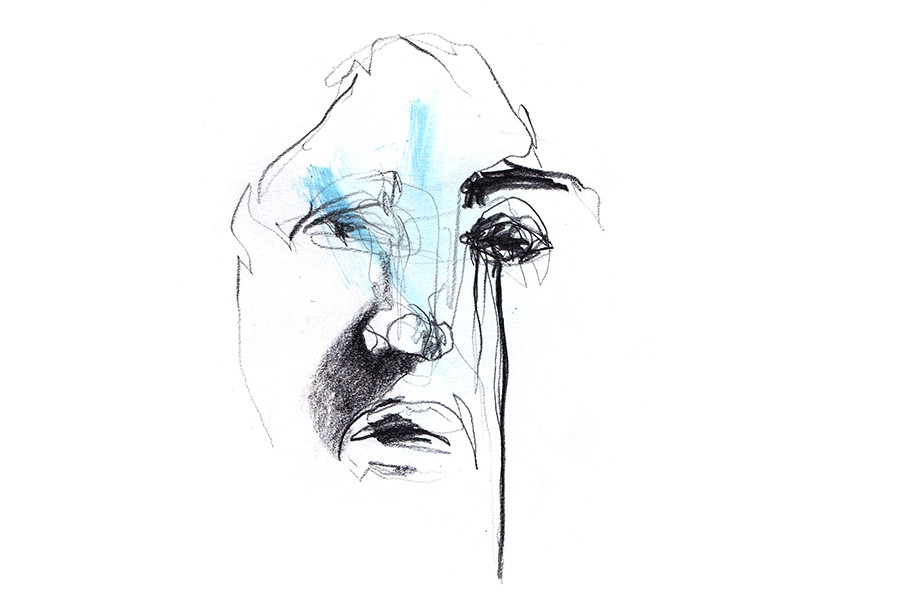
_600_832_s.png)

